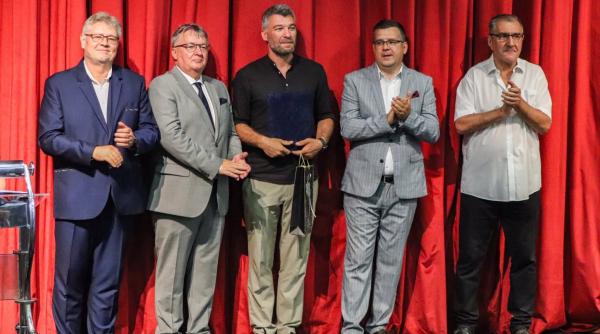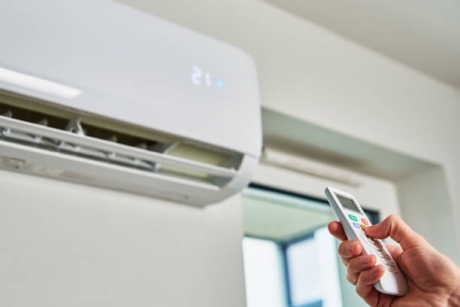Over a third of Romanian pregnant women from disadvantaged backgrounds have not had gynecological check-ups during pregnancy, mainly due to a lack of access to medical services, according to a study by Save the Children Romania.
Half of the pregnant women who underwent medical evaluation mentioned that tests/ultrasounds/consultations were not free.
Of all the pregnant women participating in the Save the Children study, 18% are pregnant between the ages of 13 and 17.
Infant mortality rates in the Romanian countryside are much higher than in urban areas, specifically 6.5 compared to 4.2 deaths per thousand live births. The major causes are the difficulty in accessing medical services and the poor equipment of medical offices.
To mark International Children's Rights Day, Save the Children Romania, with the support of the OMV Petrom Foundation, held a debate titled "Maternal and Child Health in Rural Areas." The event took place at the "Carol Davila" University of Medicine and Pharmacy and was attended by minister of health Alexandru Rafila, the president of the National Health Insurance House, Dr. Andrei Baciu, the president of the Bucharest College of Physicians, professor Dr. Cătălina Poiană, along with associate professor Dr. Mihai Craiu, executive president of Save the Children Gabriela Alexandrescu, president of the OMV Petrom Foundation Ana Maria Mihăescu, family doctors, midwives, as well as local experts from Save the Children working directly with disadvantaged mothers and children in rural areas.
During the debate, the main data from the sociological survey conducted among disadvantaged pregnant women were presented, indicating that one in 10 pregnant women did not have check-ups with the family doctor during pregnancy; 34% of pregnant women did not have check-ups with the gynecologist for the current pregnancy due to lack of money or the long distance to the first office; 50% of pregnant women who had check-ups with the gynecologist during pregnancy mentioned that tests, ultrasounds, consultations were not free; and 70% of pregnant women claim they have not used any contraceptive method until now.
The distribution of medical units and doctors in Romania is uneven between rural and urban areas, and the number of family doctors is constantly decreasing in rural areas. Only 47% of localities have enough family doctors, and 328 communes do not have a family doctor.
"In rural areas, the presence of a family doctor and a medical office represents the only chance to receive timely medical care. Considering the small number of family doctors in rural areas, they are forced to handle a multitude of cases, from newborns to the elderly, pregnant women, people with special needs, or those with insufficient material and financial means for a decent standard of living. The existence of a family medicine office in disadvantaged rural areas, equipped with the necessary medical equipment for basic medical examinations and treatment for patients, is a guarantee and a necessity for ensuring the health of the population," explained Gabriela Alexandrescu, executive president of Save the Children Romania.
Inequality is evident in the lives of Romanian children from birth, as Romania continues to hold an undesirable position in the rankings of European countries with the highest infant mortality rates, with a rate of 5.2 per thousand live births in 2021.
"Inequalities in access to primary healthcare persist in Romania, as many rural areas are underserved. This year, the OMV Petrom Foundation funded three major early health projects for mothers and children in disadvantaged environments, with a nationwide impact: the Baby Box, which provides material support and crucial information about the health and well-being of mothers and newborns, a national program to equip neonatology and intensive care units for newborns in small towns, as well as a program to equip family offices in rural areas aiming to improve access to health services for mothers and their babies," said Ana Maria Mihăescu, president of the OMV Petrom Foundation.
Romania ranks second to last in a European ranking that assesses national healthcare systems from the patient's perspective, according to the European Health Services Index. Allocations for preventive medical care are low, and the provision of therapeutic and diagnostic equipment is one of the most deficient in the European Union.
(Photo source: Save the Children Romania)























 English (US) ·
English (US) ·  Romanian (RO) ·
Romanian (RO) ·